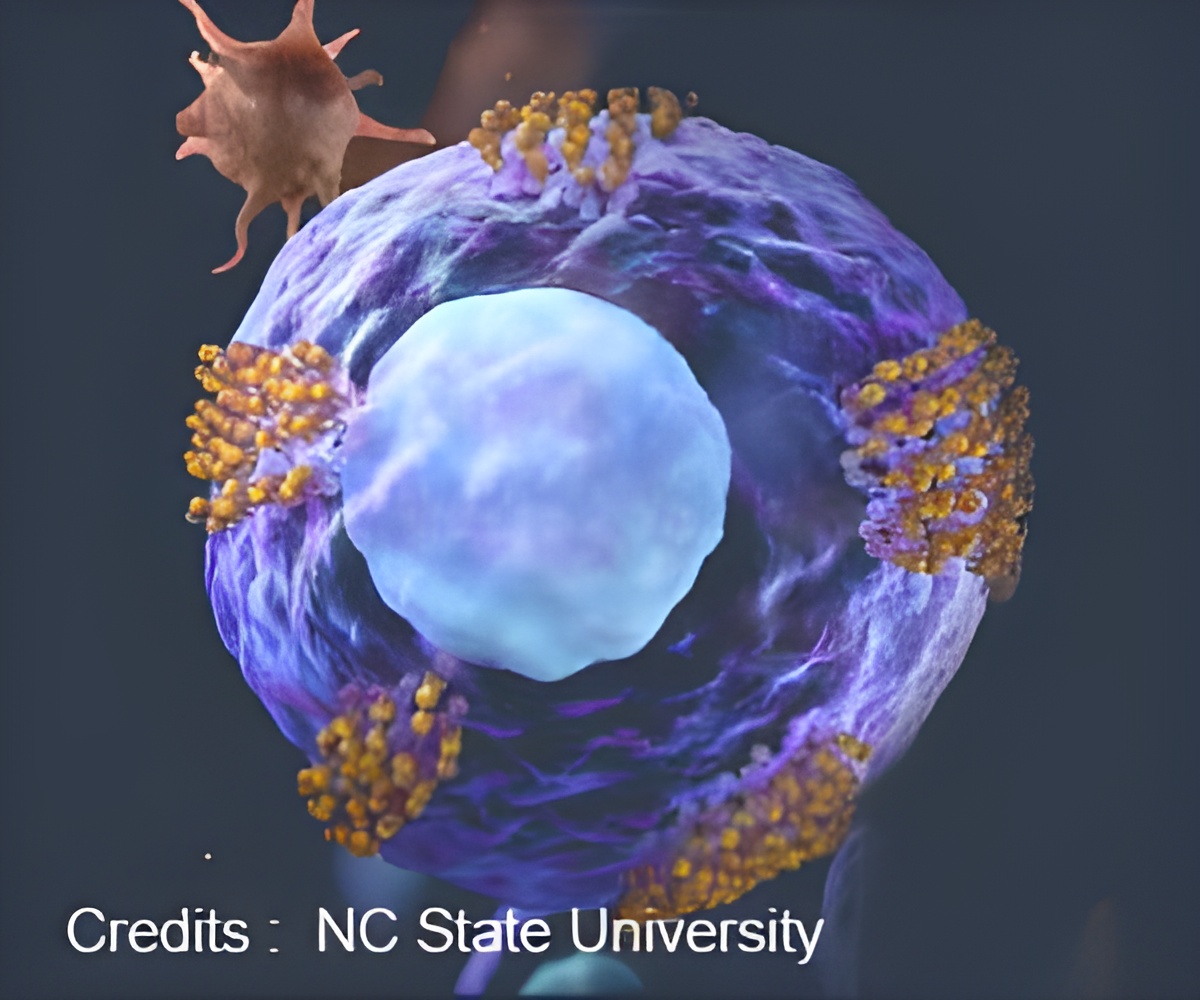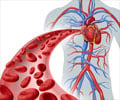A new study published in the journal Blood, shows that the blood-clotting protein fibrinogen plays an important role in liver regeneration.

‘Fibringoen deposits in the liver are extremely important that play a significant role in the regeneration of liver in humans.’





"We discovered that fibrinogen accumulates within the remaining liver quickly after surgery and tells platelets to act as first responders, triggering the earliest phase of regeneration," said James Luyendyk, a professor of pathobiology in the College of Veterinary Medicine. "But if fibrinogen or platelets are inhibited, then regeneration is delayed." Platelets are blood cells that help form clots and stop bleeding. When they receive information from fibrinogen, they go into action and accumulate in the remaining part of the liver to help restore it, increasing the chances of a fully functional liver and successful recovery.
Using samples from patients undergoing liver resection and a comparable model in mice, Luyendyk and his team noticed that when fibrinogen was low, the number of platelets in the liver decreased.
"This shows that fibrinogen deposits are extremely important and directly impact regeneration in both mice and humans," Luyendyk said.
According to Dafna Groeneveld, Luyendyk's co-author and post-doctoral research associate in his lab, their finding demonstrates that fibrinogen levels could be a predictive marker for doctors, too.
Advertisement
This could lead to new treatments that would help doctors correct low levels of the protein by using fibrinogen concentrates that can be administered during surgery.
Source-Eurekalert















